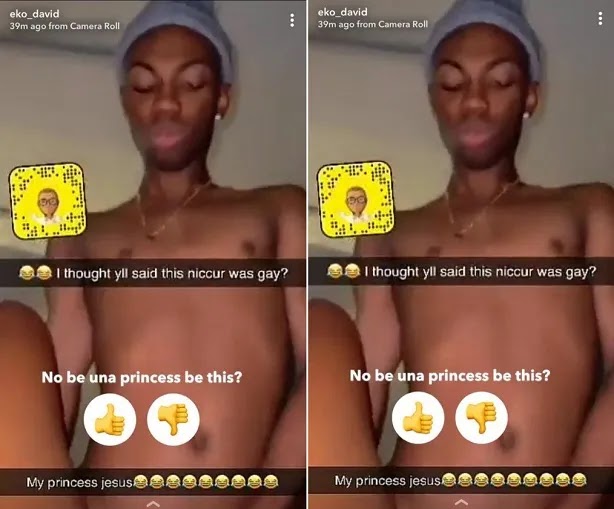The Indigenous Igbo Communities In Kogi State
Ndi Igbo are one of the largest ethnic groups in Nigeria. They are a tribe that is widely known for their travels. Not only are they indigenous in the five Southeastern states in Nigeria, Abia, Anambra, Ebonyi, Enugu, and Imo. We also have Igbo communities in other parts of Nigeria, especially in the South-South states of Delta, Rivers, Bayelsa, Edo and Akwa Ibom States.
That is not all, there are indigenous ndi Igbo in the North. In the North Central States of Benue and Kogi, you will find communities of ndi Igbo as living side by side Idoma and Igala people.
Most people have no idea about the Indigenous Igbo communities in Kogi State because they are a minority ethnic group and there is this nefarious notion that the five Southeastern states are the only recognized Igbos in Nigeria, the original one.
In this post, we will review to you the lifestyle of the Indigenous Igbo Communities that are found in Kogi State.
Kogi state which was created out of Benue and Kwara State is called the “Confluence State”. It is one of the most culturally rich state in Nigeria, given the fact that it is a home for the Yorubas, Hausas, and Ndi Igbo. The state also shares boundaries with some Eastern states which explains why they have some things in common as they are intermixed.
The indigenous ndi Igbo that are inhabitants in Kogi state, occupies Kogi East which is by far the most populated and the largest by its land mass. They are found under these local government areas:
1. Akpanya
They are under the Igalamela/Odolu Local Government Area which shares boundary with Enugu state in the east and Niger River in the west. With 95% of the locals speaking Igbo and the remaining 5 percent are conversant with the Igala native tongue. Some of the Igbo natives who have converted to Muslims are majorly found in this community.
2:Nwajala
It is made up of other communities like; Umuoye, Ubulie-Umueze in Ibaji LGA, in the south of Kogi state. The community is separated from Edo State by the Niger River.
3. Ebokwe
It consists of communities like; Amaeke, Amadiefoha, Amankpo, Amauwanu camp, Amaufulu, which are all under Igalamela/Odolu LGA.
4. EkeAvurugo
The people of EkeAvurugo are under Ibaji Local Government Area, they are bilingual as they speak Igbo as a first language and Igala as a second language, this is as a result of living together with the Igalas.
5. Onicha-Igo
This is a community in Ofu LGA that is located in the central part of Kogi State. They are indigenous Igbo-speaking natives.
6. The Odolu Community
The people in Odolu community are also bilingual but in their case, the predominant language is Igala while the Nsukka Igbo tongue is adopted as their second language.
Being a minority ethnic group has not stopped the indigenous Igbos from living their lives like every other person in the state. They are recognized for their agricultural prowess and as traders who sells off products from their harvest. They have four (4) market days which are, Eke, Oye, Afor, and Nkwo, just like the Igalas.
Due to modernization, some of them have left farming to other trades like that of Spare parts of vehicles to other merchandise and are dominating the market exceptionally well, thereby contributing their quota to the economic growth of the state.
In terms of politics, they are given the right to exercise their franchise just like every other person residing in Kogi state, regardless of their ethnicity. The present deputy governor of the state in the person of Edward David Onoja is from an Igbo speaking community, Odidoko-Emonyoku in Ogugu District, to be precise.
The indigenous Igbo communities still uphold their culture and traditional values as their brothers and sisters in the Eastern part of Nigeria. Some of their cultural practices are similar to that of the Igala natives. For instance, the Ofala festival that is used to commemorate the Kingship of the Obi and New Yam Festival has peculiarities to the Ata coronation of the Igala kingdom.
As they both entail music and dance as they celebrate, symbolism which is evident in their traditional regalias (eagle feathers on their caps represent strength, the horse tail, and a machete in their hands) there is also the breaking of kola nut which signifies peace and oneness, and the use of masquerades to add color to the day.




Comments
Post a Comment